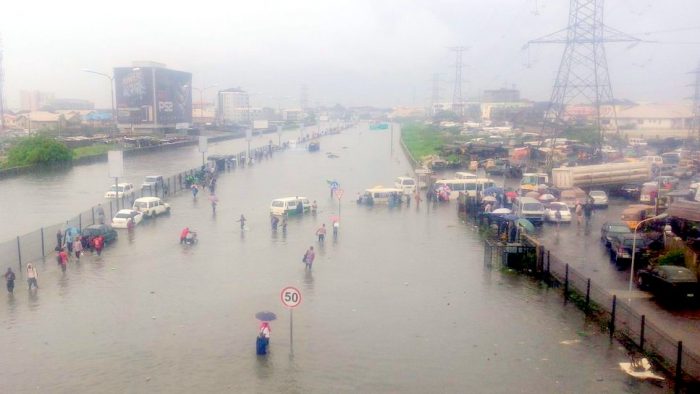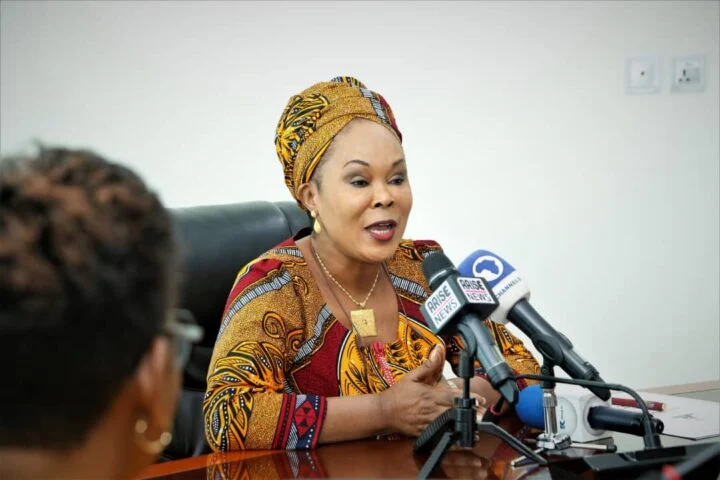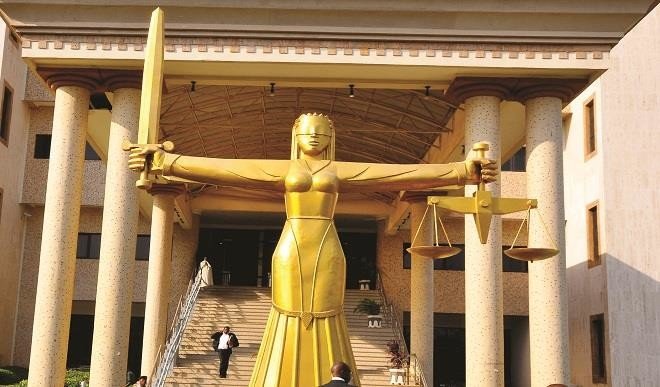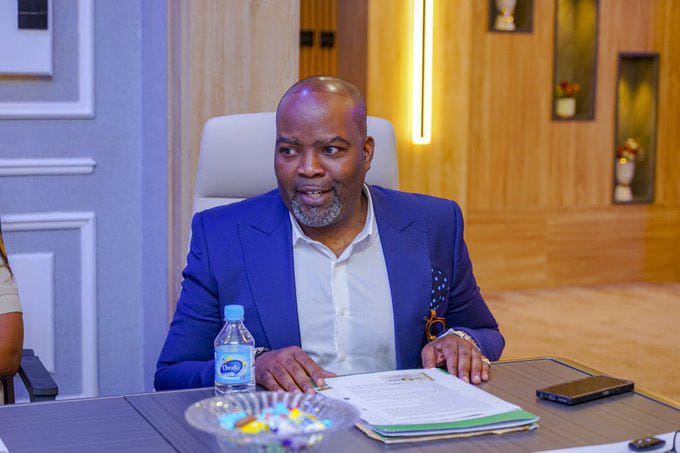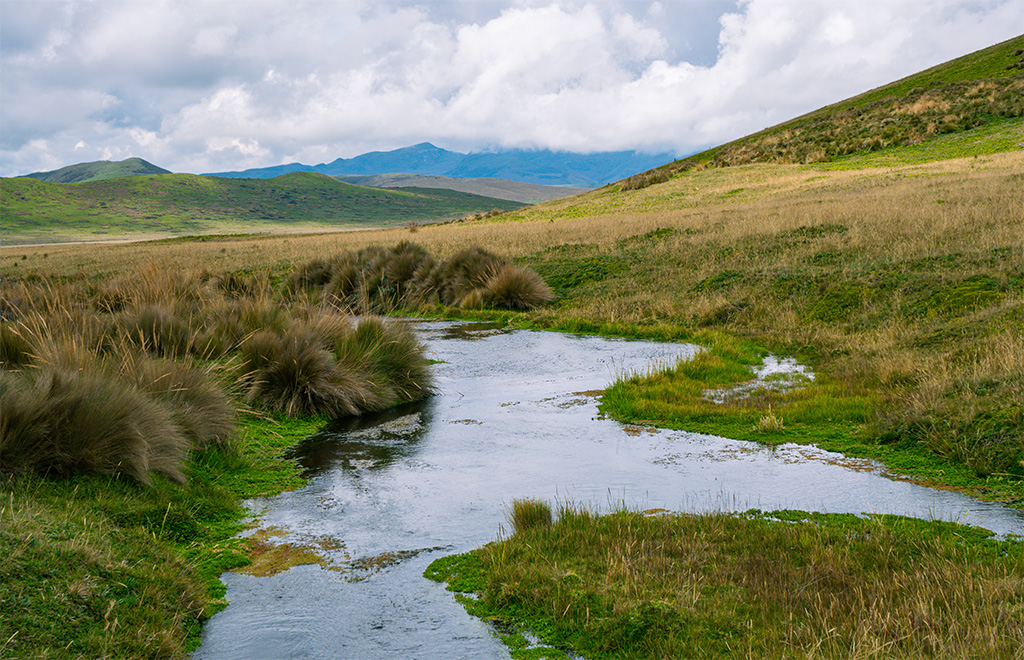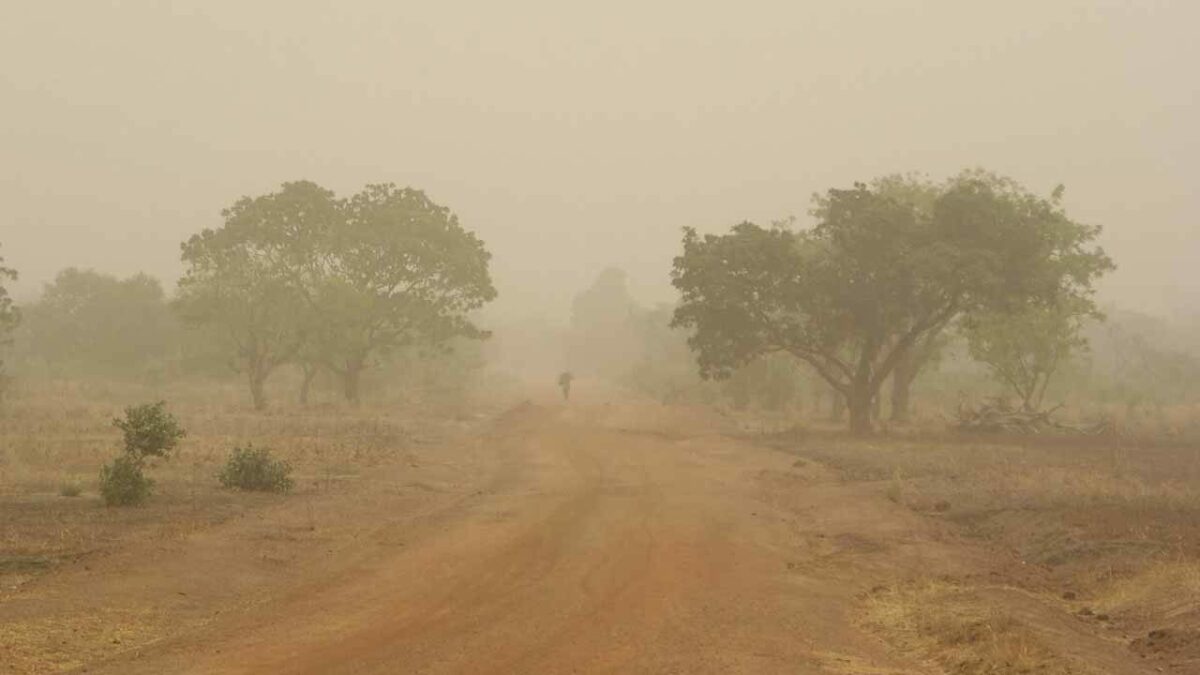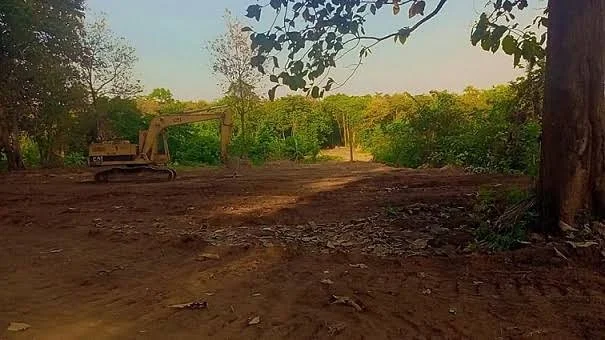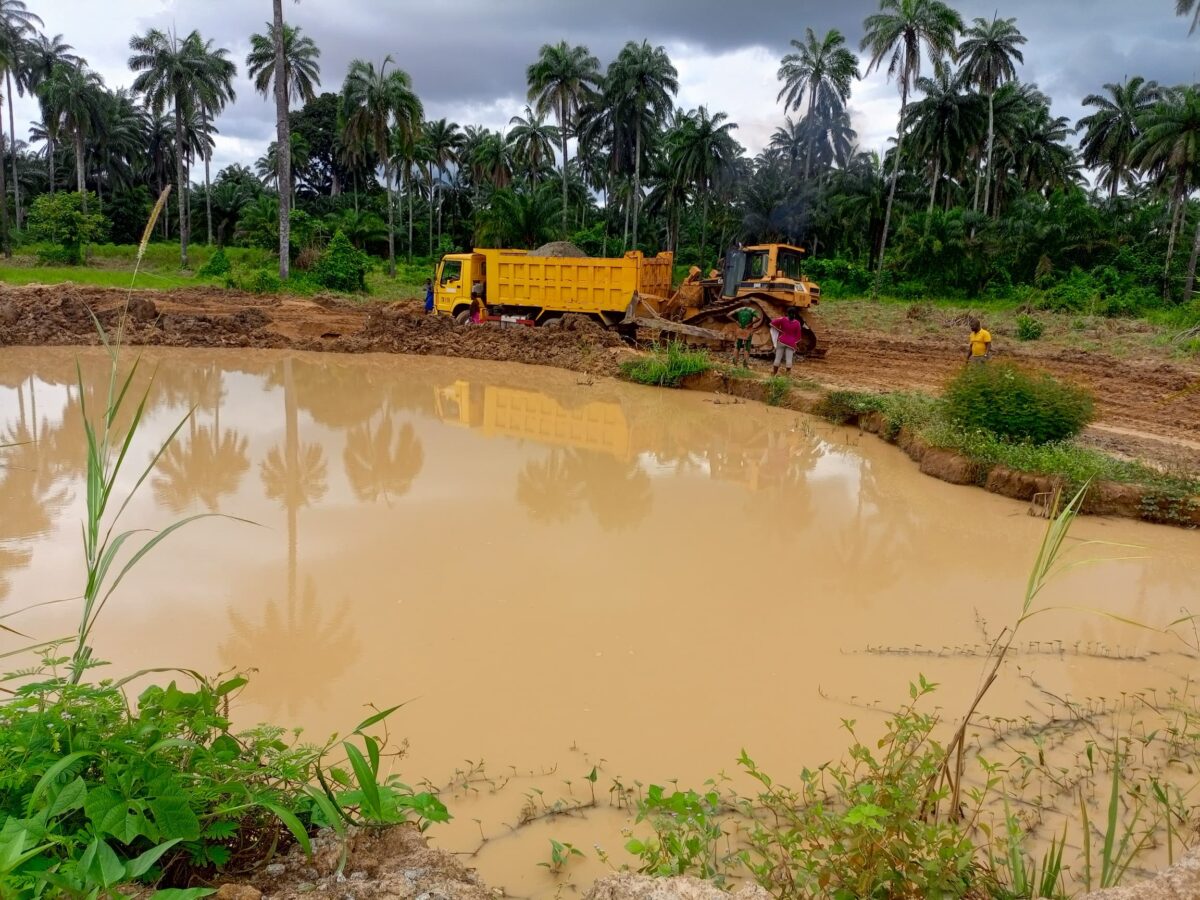Lagos residents are part of the world’s 40 percent population who reside in the tropic areas – the world’s fastest growing cities.
According to The Conversation, a network of not-for-profit media outlets publishing news stories and research reports online, these cities are highly exposed to climate change, which could ultimately have severe consequences.
For nearly a decade, and because of their vulnerability to flood, slum communities and their environs in Lagos have continued to sink.
Phases I to IV of the Adeniji Adele Housing Estate shared the tragedy of Lagos’ urbanisation when most of its 120 residences consistently suffered several phases of flood, especially during rainy seasons. This left residents with the belief that the area, which was developed in 1983, had become inhabitable.
READ ALSO: FLOOD OF TEARS: Inside Lagos Community Where Rainfall Is a Curse
MEMORIES FROM THE PAST
“It’s quite sad,” Bintu Rahman, a resident of the estate, told a local reporter in 2019. “Every time I stare down my window, I am besieged by memories of this estate, when it was still habitable.”
Rahman’s memory served her right. In 1983, when houses in Adeniji Adele Estate were constructed, new residents were pleased to be among apartment owners in the country’s biggest commercial hub. At this time, the population of the city was just three million. It, however, doubled over the years, and by the end of 2019 had risen to 300 percent. At present, the population is approximately 15 million and the number is projected to rise to 20 million by 2030, according to the World Population Review.
READ ALSO: Residents Lament as IKEDC Cuts Lagos Community’s Electricity Over Flood
Relatively, about the same period in the 1990s, the Victoria Garden City (VGC) housing project was approved by the Lagos State Government.
In the end, a one-time dreaded mangrove swamp site was developed into one of the most beautiful areas in Lagos. At the time, the hope for investment-driven projects also drove a lot of investors to the area and, within a couple of years, the VGC housing estates became home to enticing luxury duplexes.
READ ALSO: FACT CHECK: New Photos of Flooded Adamasingba Stadium False!
Unfortunately, and three decades after, reports indicate that most buildings inside the estate now have terrifying cracked walls. Also, incessant floods have caused most of the structures’ floors to sink below ground level. In addition, the one-time beautiful roads are no longer motorable for trucks and other big vehicles. With all these unfavourable changes, most residents now consider relocation a top priority.
LAGOS: A SINKING COMMERCIAL HUB
Environmentalists consider over-flooded communities in the city a sign of the imminent danger attributed to world tropical cities along the coastlines. Lagos, one of the most populous cities in Africa, is among the cities in 19 countries, whose total submersion by 2100 is highly probable, according to a report by Climate Central.
READ ALSO: Food Scarcity Looms as Climate Change Deals with Nigerian Farmers
“Land now home to at least one million people could fall permanently below the high tide line at the end of the century and become permanently inundated in the absence of coastal defence,” Climate Central’s report read in part.
In response to this, the state government initiated more massive projects across the coastline to control the rising sea level.
One of such projects is Eko Atlantic City, an urban size project planned to stretch over 10km² above the land already submerged in the sea. The developer claimed that with an eight-kilometre-long concrete wall built to keep the sea at bay, the project would not only reclaim the land lost to the rising sea, but also protect the community from future sea rise.
READ ALSO: INVESTIGATION: Ilaje Coastline Residents Die so Nigeria May Survive
Reacting to the project, environmentalists faulted the efforts to tamper with the natural spread of water. They claimed the sea wave repelled by the concrete wall would compound forces on the other side of the water that are not protected by the wall and in the end, put close residential areas at risk.
Triggered by violent downpours in July last year, residents of Lagos Island decried heavy flooding in their communities. In a video shared by one of the commuters on Twitter, cars could be seen struggling to make their way out of the road already run on by water.
Environmental Rights Action (ERA) noted in 2017 that the floods at Lekki, Victoria Island, Ikoyi, Ajah and Oniru have worsened due to the government’s Lagos Mega City project.
‘CLIMATE CHANGE IS REAL’
As the global temperature rises to 0.85°C, coastal areas, like Lagos, are projected to experience intense flooding due to rising sea levels caused by the melting ice in Antarctica, impacting biodiversity and human habitation.
In researching flood risk management, Ibidun Adelekan, a lecturer at the Department of Geography, University of Ibadan, Ibadan, Oyo State, highlighted, among other things, the “structural and non-structural measures” put in place by the government to address the incessant flooding in Lagos communities. Among the points he noted are the Great Sea Wall and the development of a drainage master plan.
“Flood risk management in Lagos has not emerged significantly enough to match the increasing threats and impacts of the flooding cities,” he wrote in his research paper.
READ ALSO: IPCC Gives ‘Last Warning’ as World Fast-Tracks to Climate Disaster
Adelekan recommended the implementation of Climate Change Policy 2012–2014, especially the non-structural measures like raising public awareness on the risk of residing in low-lying areas.
However, John Ekoko, a former Chairman of the Nigerian Environmental Society in Lagos, believes the government’s structural solution is only temporary to the bigger problem facing the world.
“I want to use this opportunity to remind the state government that climate change is real,” Ekoko said in an interview.
“The sea level is increasing as a result of the melting ice and that is why the issue of flooding is becoming very dangerous.”
GLOBAL PROBLEM, LOCAL SOLUTION
With 3% African countries’ contribution to global emission, the Nigeria does not deserve the intense flooding destroying lives and properties, argued Victor Imovbore, the Acting National President of the Nigerian Environmental Society, a group of professionals working towards environmental protection.
“However, Nigeria suffering from climate change is enough evidence that the climate change phenomenon is global,” he said.
According to him, since trees absorb the carbon lurking in the space to survive, Nigeria needs to join other countries to “control its deforestation — to stop it — and proactively pursue afforestation.
“To mitigate the destruction caused by climate change, we need to understand the effects and develop some climate adaptation initiatives, depending on the part of the country,” Imovbore told FIJ.
Lagos, for instance, has had several of its wetlands, which used to store water filled up and built on, and not considering where the water that used to be there vanishes to. “In these communities, the authorities need to do more about town planning and monitor how people develop their areas,” he said.
“In building houses, people have to consider the natural functions [of the environment] and how they affect it. When you impact the natural cycles, like what happens in wetlands, then you are looking for trouble.”
Subscribe
Be the first to receive special investigative reports and features in your inbox.


